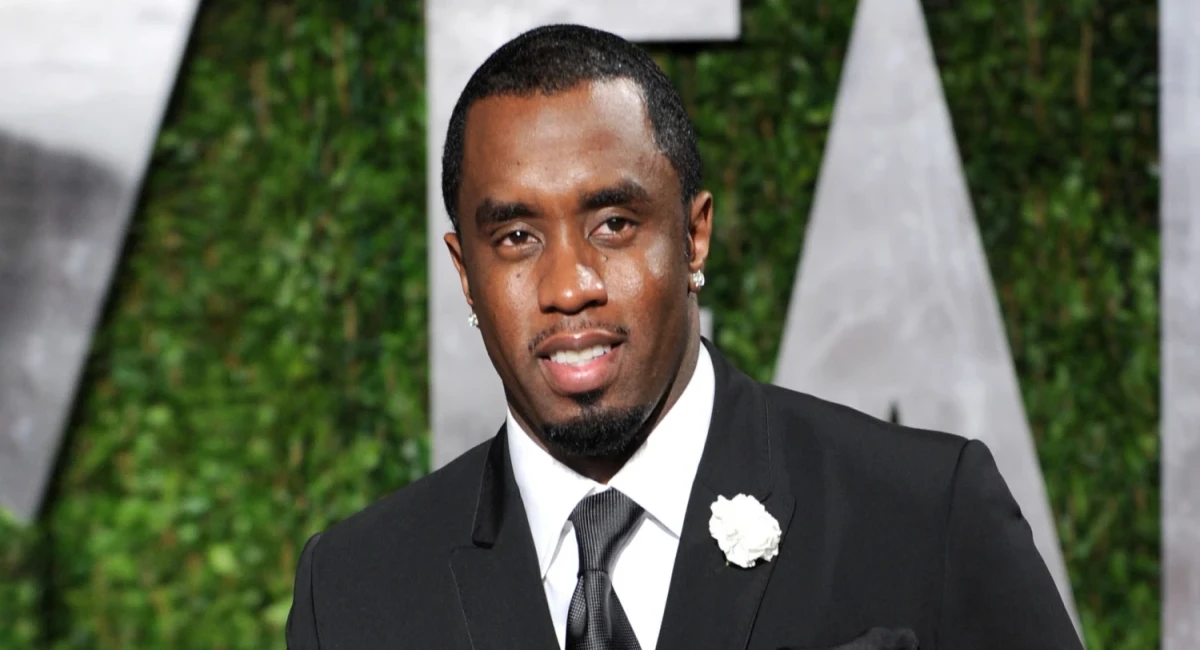2810 N Church St #53470, Wilmington DE 19802, USA

Detainee Rights and Legal Advocacy: Lessons from Sean "Diddy" Combs' Case
Sean "Diddy" Combs' legal battle has captured headlines, but it also sheds light on systemic issues faced by detainees across the United States. Diddy has been detained at the Metropolitan Detention Center in Brooklyn following his September 2024 arrest on charges of sex trafficking, racketeering, and transportation for prostitution. Recently, a significant legal victory involving the seizure of his handwritten notes has spotlighted the importance of detainee rights and the constitutional protections often at stake.
Attorney-Client Privilege in Focus
A pivotal moment in Diddy's case occurred when federal agents seized 19 pages of handwritten notes from his cell, allegedly containing confidential defense strategies. His legal team argued that the seizure violated attorney-client privilege—a fundamental constitutional protection. A federal judge ruled in Diddy's favor, ordering the notes to be destroyed and prohibiting their use in upcoming bail hearings.
This decision underscores the importance of safeguarding detainee rights and protecting privileged communications. However, Diddy's access to top-tier legal representation highlights a broader disparity: most detainees lack the resources to challenge similar violations effectively.
Widespread Violations of Detainee Rights
The unauthorized search of Diddy's cell is not an isolated incident. Reports of constitutional violations in detention facilities are disturbingly common. Several prominent organizations have documented similar abuses, including:
1. American Civil Liberties Union (ACLU)
The ACLU has extensively reported on systemic violations within detention facilities, including unlawful searches, inadequate medical care, and unsanitary conditions. Their work highlights how detainees often face routine infringements of their Fourth and Sixth Amendment rights.
2. Southern Poverty Law Center (SPLC)
The SPLC has investigated cases of abuse in immigration and criminal detention centers, exposing inhumane treatment and advocating for systemic reforms to protect the rights of detainees.
HRW has documented abuses such as arbitrary detention, unlawful searches, and mistreatment, particularly among marginalized populations, calling for more robust oversight and accountability.
Amnesty has consistently reported on the global and domestic violations of detainee rights, emphasizing the need for transparency, fair treatment, and adherence to international human rights standards.
Empowering Detainees: Legal Advocacy as a Tool
Diddy's case highlights the critical role of legal advocacy in defending detainees' rights. For those without significant resources, self-advocacy and community support are essential. Key strategies include:
1. Educate Yourself
Understanding your rights, including Fourth and Sixth Amendment protections, can be powerful in challenging violations.
2. Engage in Your Defense
Proactively collaborate with your attorney, prepare necessary documents, and stay informed about your case. Taking an active role can make a meaningful difference.
3. Seek Support
Organizations like the ACLU, SPLC, and legal aid groups provide resources and advocacy to help individuals navigate the complexities of the legal system.
Conclusion: Vigilance and Accountability Are Key
Sean "Diddy" Combs' legal challenges may be high-profile, but they underscore a pervasive issue within the justice system: the routine infringement of detainees' constitutional rights. While Diddy's case resulted in a landmark ruling protecting attorney-client privilege, the broader systemic issues remain unresolved.
Organizations like the ACLU, SPLC, and others continue to advocate for the rights of those who are often silenced or overlooked. For individuals navigating the justice system, understanding their rights, actively participating in their defense, and seeking support are not just options but responsibilities that can be the difference between justice and exploitation.
Diddy's case reminds us that the fight for fairness in detention is far from over. It's a continuous battle, and our vigilance is essential to upholding the principles of justice and equality for all. This need for vigilance should motivate us to remain committed to this cause.